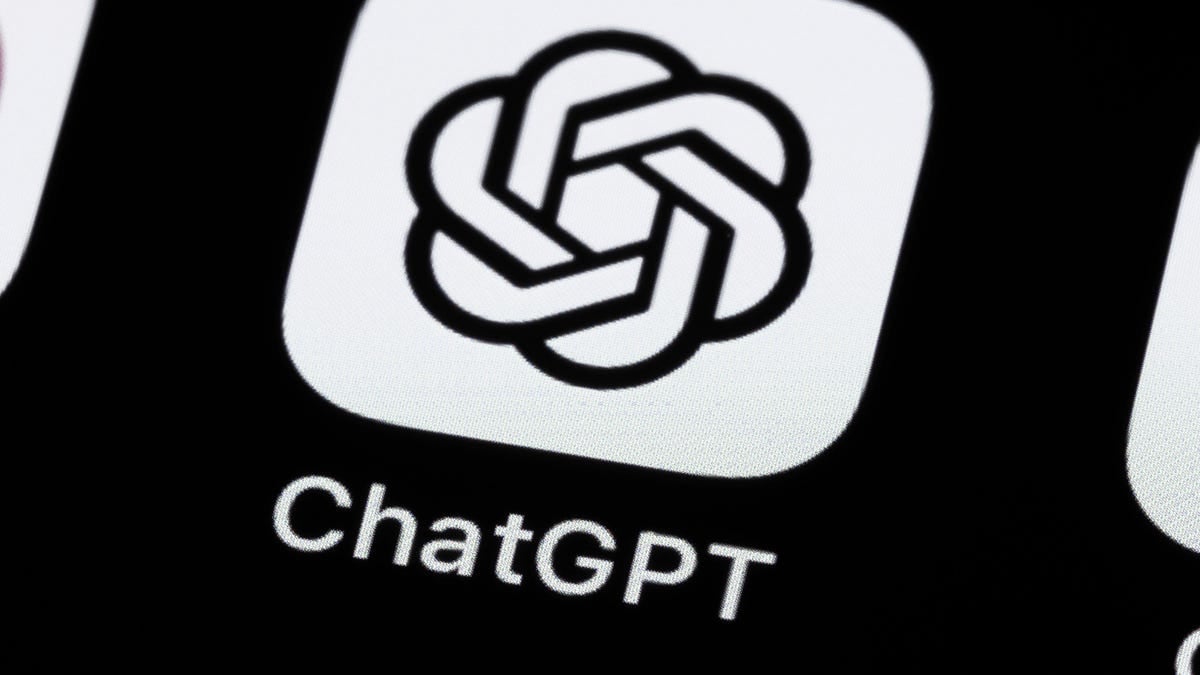- cross-posted to:
- fuck_ai@lemmy.world
- cross-posted to:
- fuck_ai@lemmy.world
The research from Purdue University, first spotted by news outlet Futurism, was presented earlier this month at the Computer-Human Interaction Conference in Hawaii and looked at 517 programming questions on Stack Overflow that were then fed to ChatGPT.
“Our analysis shows that 52% of ChatGPT answers contain incorrect information and 77% are verbose,” the new study explained. “Nonetheless, our user study participants still preferred ChatGPT answers 35% of the time due to their comprehensiveness and well-articulated language style.”
Disturbingly, programmers in the study didn’t always catch the mistakes being produced by the AI chatbot.
“However, they also overlooked the misinformation in the ChatGPT answers 39% of the time,” according to the study. “This implies the need to counter misinformation in ChatGPT answers to programming questions and raise awareness of the risks associated with seemingly correct answers.”



In what year do you estimating AI will have 90% accuracy?
No clue? Somewhere between a few years (assuming some unexpected breakthrough) or many decades? The consensus from experts (of which I am not) seems to be somewhere in the 2030s/40s for AGI. I’m guessing accuracy probably will be more on a topic by topic basis, LLMs might never even get there, or only related to things they’ve been heavily trained on. If predictive text doesn’t do it then I would be betting on whatever Yann LeCun is working on.